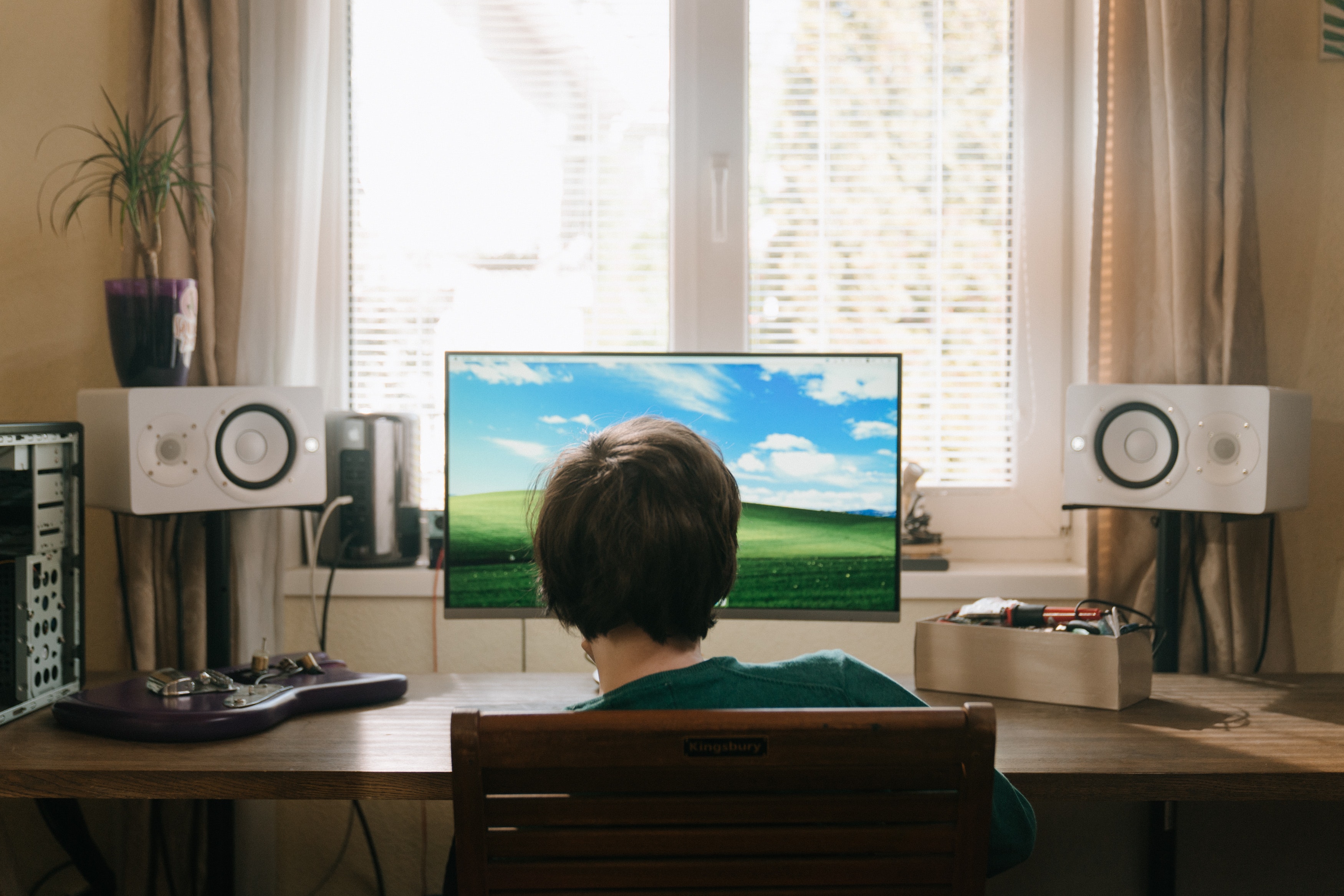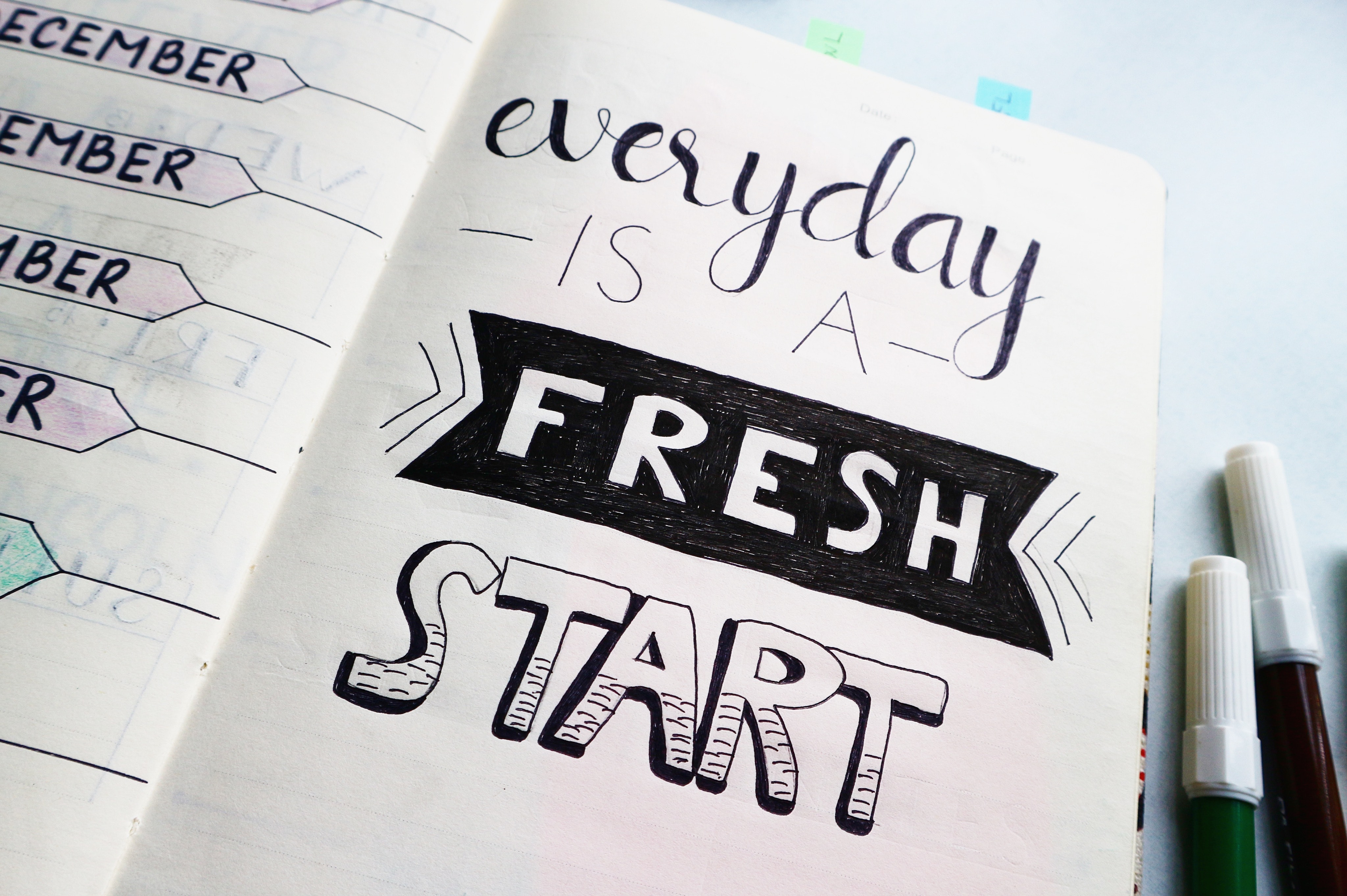
A lot of students think that they’re just not good at school.
They think they’re not cut out for anything more than passing or mediocre grades. They think they’re not smart enough, or that school isn’t for them, or they tell themselves that they don’t care – they’re not going to use this stuff anyway, why bother?
This type of thinking sabotages teens’ sense of self and their view on what they’re capable of. There are a couple things that we want to be super mindful of in order to shift away from this type of self-sabotage.
First, you as the parent or educator want to recognize that their belief that they’re not “good” at school is valid. It’s usually informed by years of evidence in support of that belief.
This might be low grades, chronic late work, test taking anxiety, not motivated to do homework, etc.
Often, teens have a strong start to the school year high but then fall off a cliff. Or they see that school is “easy” for their peers but it’s hard for them; they make sense of this by telling themselves they’re just not “good” at school.
This is their reality. Telling them they’re smart, they can do well, they just need to “try” harder or “work smarter” doesn’t change that reality.
Why? Because your child’s relationship with school, their beliefs about what they are capable of, is shaped by evidence.
The best way to stop self-sabotaging beliefs like “I’m just not good at school” is to create new evidence in support of more empowering beliefs.
Teach them HOW to learn. How to manage their time. How to get their work done even when they’re not motivated. How to focus even if they have ADHD or hate the subject or think it’s irrelevant.
Higher grades and more confidence will follow.
Learning how to learn is they key to your teen creating their very own evidence in support of empowering, productive beliefs.
Check out the video below for a deeper dive:
Video highlights:
- 5:57 Many students feel disconnected from their intellect due to struggling in traditional academic settings.
- 14:08 Troubleshooting time management challenges.
- 22:56 Negative self-talk and beliefs don’t just undermine teens’ abilities to do well in school, but in life and in their career.




